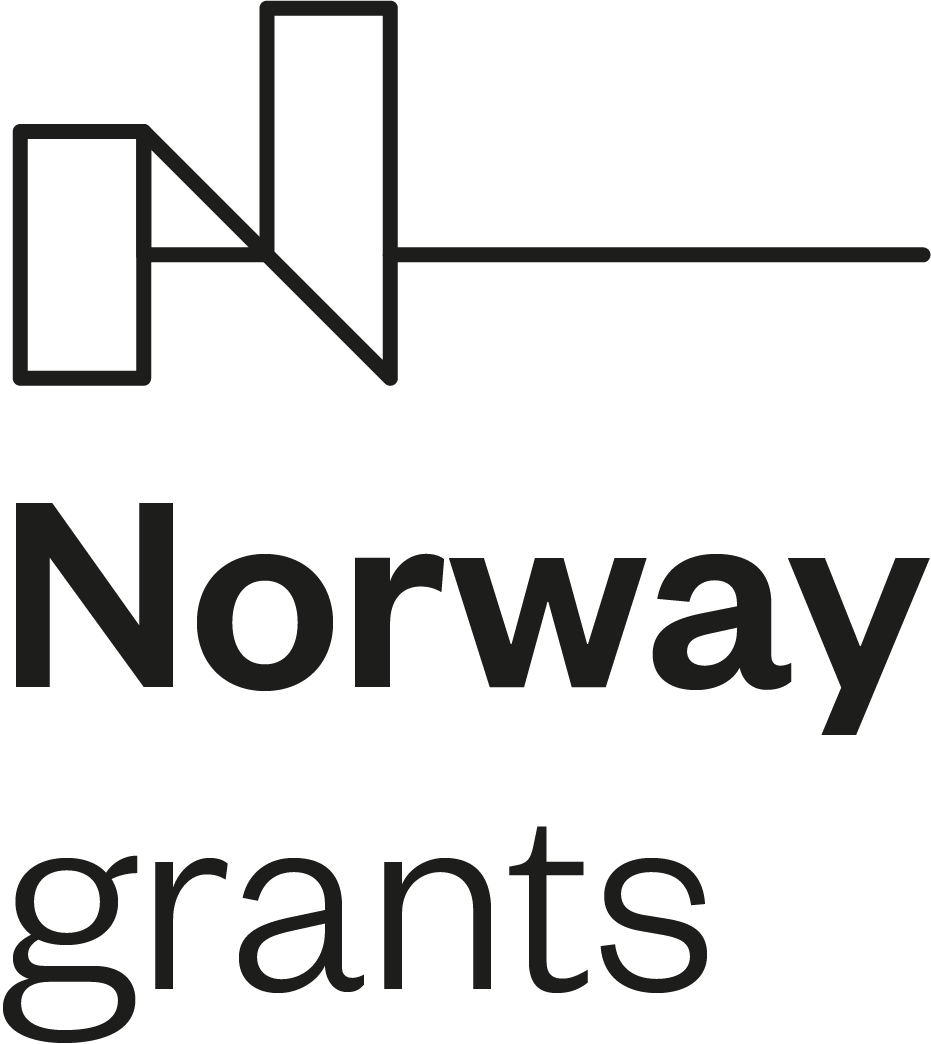New issue of our bulletin
In the 9th issue of our Fritillaria Kurdica Bulletin of Kurdish Studies we present the Polish reader with a small work, written in the middle of the 19th century, as the fruit of a collaboration between a Polish diplomat in the service of Tsarist Russia, August Kościesza-Żaba and a Kurdish scholar and clergyman, Mela Mahmud Bayazidi. The present work, which constitutes a collection of information about the society, language and culture of the Kurds, as well as a selection of forty stories, published in French in 1860 in Sankt Petersburg, was furnished with a brief introduction by a German philologist, Peter Lerch. Since that time it became one of the canons of knowledge about the Kurds and their language for many years.
The work, which was published in Russia and its French title, Recueil de notices et récits kourdes servant à la connaissance de la langue, de la littérature et des tribus du Kourdistan, réunis et traduits en français par M. Alexandre Jaba consul de Russie à Erzeroum (A collection of remarks and Kurdish stories thanks to which one may acquaint oneself with the language, literature and the tribes of Kurdistan, collected and translated into French by Alexandre Jaba, a consul of Russia in Erzurum) contain two substantial inaccuracies which we decided to correct in the Polish edition. First of all, on account of the nature of the work, which is a translation into French of Kurdish texts, collected and written most likely by Mela Mahmud Bayazidi, and not by August Kościesza-Żaba, we deemed it justified to publish it as a fruit of the labours of two authors. Secondly, we corrected the first and last names of Żaba. The name Alexandre, which was either erroneously used or arose as a result of a conscious policy of Russification for which the Sankt Petersburg Academy of Sciences was responsible, was replaced by the correct name of the author – August. The present issue also contains an article by Mehmed Gültekin written in Kurdish, devoted to the correspondence of August Kościesza-Żaba and Professor Ferdinand Justi.




